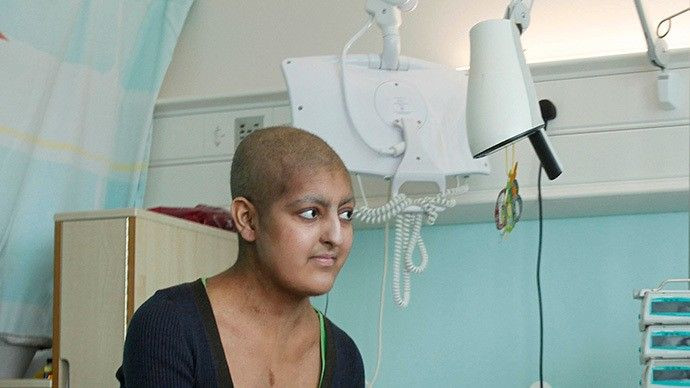Most Cancer In UK Diagnosed Late, Leading To 50, 000 Early Deaths A Year

Late diagnosis of cancer leads to the premature death of at least 50, 000 people a year in the UK, according to a new Cancer Research (CR) UK analysis titled the Incisive Health report.
As per CRUK, 46 per cent of cancers are detected too late, and at an advanced stage, thereby reducing the survival chance. As per PharmaTimes, the study shows that early detection for at least four type of cancers in the UK can benefit more than 11,000 patients every year, thereby helping the National Health Service (NHS) save more than £44 million in treatment costs, which includes chemotherapy, radiotherapy and surgery.
"Extrapolating this to all types of cancer would imply an annual saving of nearly £210 million, while helping to improve the survival prospects for more than 52,000 patients," said the report. According to the CRUK, if national levels of early cancer diagnosis were made available throughout the country, an additional 5, 000 people suffering from cancer would be alive five years after diagnosis.
According to the Guardian, Britain has the worst record in Europe for both cancer detention and survival from the deadly disease. The report further said that certain areas in England are three or five times better than other places in detecting particular types of cancer, and that difference needs to be reduced.
As per researchers, 93 per cent of cases of melanoma or skin cancer, 83 per cent cases of breast cancer, and 61 per cent cases of prostate cancers were detected at stage one or two in UK. However, only 23 per cent cases of lung cancer, 32 per cent of non-Hodgkin lymphoma and 44 per cent cases of ovarian cancers were detected at an early stage. Researchers at CRUK said detecting cancer in early stages, before it spreads to the rest of the body, can help increase the survival rate among cancer patients. "Once a cancer has spread, it is often harder to treat successfully, meaning that a person's chances of surviving are much lower," said the report.
Sara Hiom, director of early diagnosis at Cancer Research UK, said that few doctors are sometimes unable to detect cancer symptoms, and in other cases, the process of referring patients to specialists takes time. "The outrage is that patients are not being diagnosed early enough to benefit from treatments which could ensure a much greater chance of survival," Telegraph quoted Hiom as saying.





















